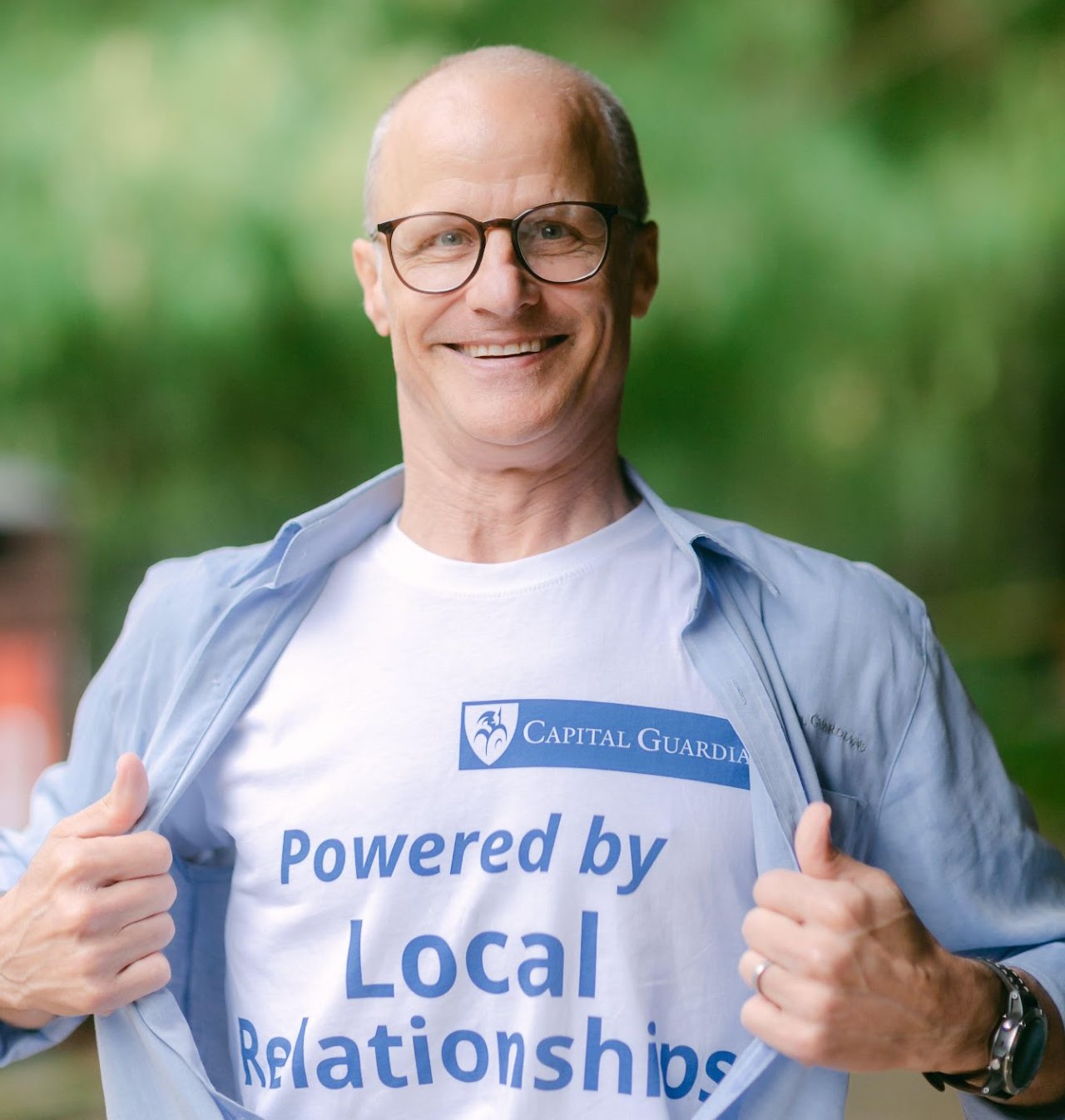How to make the most of NDIS Therapeutic Supports
NDIS therapeutic supports is a largely funded category under the NDIS. It predominantly comes under the Improved Daily Living category. However, there are many ways to work the funding in order to make the most of what seems like a highly-priced service. The NDIS has opened doors for many types of therapists to be accessed. Many providers are emerging to provide a choice of therapy to NDIS participants.
This article is not meant to explain each therapy. Its aim is to give some suggestions on how clients can stretch their therapeutic support funding to fully maximise NDIS funded activities.
The NDIS price guide stipulates a maximum price for each category. It seems very high, and some therapists and companies still deem it to be not enough given that therapists also include work that is ‘behind the scenes’. Case notes, client research, and correspondence are some of the work that comes into the picture when being a therapist. Some senior therapists still find the NDIS price guide unable to meet the fee that they normally charge.
Therefore, they have chosen not to register with the NDIS. Participants might still be able to access these therapists but may have to pay the difference in price of what the NDIS does not cover.
Therapy Assistants
The NDIS gives provision for therapeutic support funding under the category ‘Improved Daily Living’ which can vary depending on each participant. When it comes to physical treatment, NDIS might only fund a number of ‘Individual Therapy’ sessions which might not seem enough. The idea behind the lower cost of therapy assistants is to enable the primary therapist to train up a therapy assistant. This will allow them to perform the treatment at a lower cost, for a longer period of time. Do get a recommendation from your physiotherapist or occupational therapist on how long your treatment should last. If you are seeking prolonged treatment do make provision to train up a therapy assistant in order to access that treatment while not using up your funding.
Groups
Psychology, Counselling and Art/Music Therapy are examples of the funded therapies that can be accessed through the NDIS when it comes to mental health. Usually, individual consultation provides a good personal approach for the therapist to address the concerns of the client. Like physical therapy, funding for ‘Individual Therapy’ might quickly run out if clients intend to have many individual sessions with a therapist. This is exacerbated with the fact that many participants do not only see one type of therapist.
It might seem like the funding is not enough.
An option is to access the ‘Group Therapy’ funding under Improved Daily Living, it is more than half the amount of the ‘Individual Therapy’ price. Some ways of using it would be to space out individual sessions with a therapist, going to groups in between. Alternatively, one could also work with the primary therapist in order to be prepared to attend a group when the individual therapy ends. Groups are also great for meeting new people and gaining insights from people of the group.
Core Funding
While looking for a therapist, one thing to remember is not to ignore the core funding. Some therapists might have the option to claim for a group through core funding. Core funding the largest category in the NDIS and usually people have more flexibility and more funds in Core to spend. For therapists, core funding 1:1 or in a group is lower than the price on Improved Daily Living. Therefore, thought should be given that there is less competition here when it comes to being allocated the funding. Therapists are likely to be able to have prolonged and regular sessions with the client if their funding is coming from Core Supports. Another note is that not everyone will have Improved Daily Living funding but they might have core funding and want to join a therapy group.
Alternative Therapies
It is good to realise that the NDIS has opened doors for many unconventional therapies to be accessed by participants. Art and Music Therapy have already been mentioned which can come under Improved Daily Living or Core. Drama and Dance Therapy are also a form of Creative Arts Therapies that can be accessed. For children, sand and play therapy are very popular. Animal Assisted Therapy where one can gain the therapeutic effects of being with a Therapy Dog is also something to remember if one loves animals.
There are many ways to navigate the NDIS. Therapy is such an important role whether it comes with a physical or mental disability. It is good to use the funding wisely so it can last throughout one’s entire plan. Using it efficiently will allow for the planner at the review meeting to realise what a profound impact the therapy has on someone in order to have a continuation of it in the subsequent plan.
You may also find these links useful:
